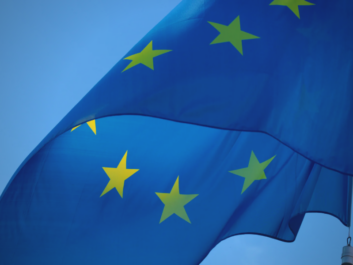
TGEU welcomes the European Parliament’s agreement on the text of the EU Pay Transparency Directive, which is forward thinking, inclusive, and truly represents the values of the EU. The directive text includes a broad and inclusive definition of ‘sex’ that specifically extends recognition to trans, non-binary, and intersex persons. This is significant and important for protecting the most marginalised people in our community against discrimination.
From the text:
“This Directive applies a human rights oriented approach that seeks to protect persons from pay discrimination irrespective of their sex, gender, gender identity, gender expression or sex characteristics and therefore interprets its legal basis, namely discrimination on the grounds of sex, in the broadest and most inclusive way, in order to foster gender equality and encompass people in all their diversity.“
As well, this directive is the first piece of EU legislation to include a clear definition of intersectionality, a principle often referred to in EU policy and strategy but not always well understood by policymakers.
The directive defines intersectional discrimination as:
“a situation in which grounds of discrimination prohibited under Directive 2006/54/EC and one or more grounds of discrimination prohibited under Directive 2000/43/EC or 2000/78/EC interact with each other at the same time in such a way as to be inseparable, producing distinct and specific forms of discrimination.“
With these two features, if it is to pass into law, this directive will set a high standard for future EU legislation.
Background
On 17 March 2022, the Committees on Employment and Social Affairs (EMPL) and Women’s Rights and Gender Equality (FEMM) of the European Parliament voted on and adopted amendments to the EU Pay Transparency Directive, a directive intended to fix into EU law the principle of equal treatment between women and men and to protect against pay discrimination. The next step will be inter-institutional negotiations with the European Council.